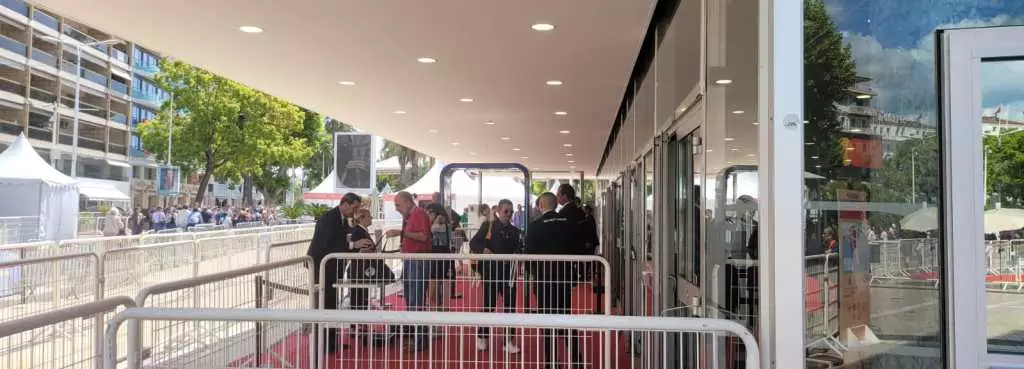The Cannes Film Festival, renowned as one of the most prestigious film festivals worldwide, faced an unprecedented energy crisis that threatened to overshadow its glamorous finale. Just days ahead of the highly anticipated closing ceremony, a massive power outage swept across the bustling city of Cannes and the broader Alpes-Maritimes region, causing a ripple of uncertainty. For any festival of such magnitude, the juxtaposition of this electrical failure against the backdrop of starlit screenings and red carpets could have spelled disaster. Yet, in a surprising twist of resilience, organizers swiftly moved to ensure that the show would indeed go on, showcasing an exemplary level of crisis management.
Adapting Under Pressure
In a world where technological reliance has become the norm, the Cannes Film Festival exhibited an exceptional ability to adapt under duress. The Palais des Festivals immediately switched to an independent power supply, allowing the event to proceed without incident. This decisive action not only reaffirmed the festival’s commitment to its schedule but also underscored an essential aspect of event management: the importance of contingency planning. The organizers were able to maintain the spectacle, ensuring that attendees could enjoy the cinematic offerings as intended.
However, this situation was not without its challenges. While the Palais thrived with electric ambiance, other venues experienced significant disruptions. The Cineum, a popular screening location, saw its operations temporarily halted. This incident highlighted the precarious balance between continuity and chaos—where one venue thrived, others faltered in the face of the outage. Still, the festival managed to shine a light on its ongoing events, demonstrating that the wheels of creativity and expression can turn even in the face of adversity.
Unraveling Sabotage
As investigations into the outage developed, the narrative became increasingly complex. Reports indicated that foul play might have been involved, alleging that several electrical pylons were sawn down deliberately. This sinister twist transformed a mere power outage into a potential act of sabotage, casting a shadow over the festival’s unyielded optimism. Local authorities began to probe into the incident, drawing significant attention to the link between the film industry’s glamour and the undercurrents of drama swirling in its periphery.
Perhaps it was poetic that this chaos unfolded against the backdrop of a film festival, where stories of conflict and resolution are often played out on screen. Audiences, drawn to art that reflects reality, now found themselves part of an unfolding narrative that blurred the lines between fiction and truth, further emphasizing the need for vigilance within the community.
The Community’s Response
The community’s spirit was palpable as the power went out. Shops dimmed their lights, cash payments became the norm, and voices filled the streets as people adjusted to the new reality. While frustrations mounted, there was also a sense of camaraderie as individuals rallied to support local businesses affected by the outage. The unity displayed amid the turmoil reflected the inherent spirit of Cannes itself—a city synonymous with both struggle and celebration.
In this light, the festival also offered a platform for artistic expression to emerge from adversity. While shuttered shops and offline ATMs painted a portrait of chaos, the indomitable artists who attended were able to showcase work that spoke to resilience, symbolizing hope amid uncertainty. In many ways, this year’s Cannes became a narrative of its own; a story woven from the threads of darkness, defiance, and human connection.
Cinematic Triumphs Amidst Challenges
Despite the turmoil, anticipation built as critics speculated on potential award winners. Titles such as Joaquim Trier’s *Sentimental Value* and Jafar Panahi’s *It Was Just An Accident* emerged as favorites. The festival remained a shining beacon of creativity where even the most tumultuous moments were transformed into artistic discussions. The resilience of filmmakers, artists, and attendees echoed a universal truth: the world of cinema often flourishes best in times of adversity, capturing the essence of human experience in all its forms.
Thus, while the power may have faltered and the lights flickered, the spirit of Cannes—and the magic of cinema—shone unwaveringly through.


Leave a Reply